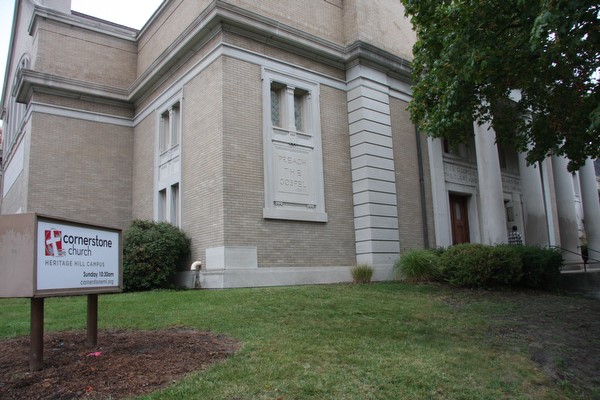Best Alcohol Rehabilitation Programs Resources and Information Online for Logan OH
Home
Best Alcohol Rehabilitation Programs Resources and Information Online for Logan OH. We are your source for total info and resources for Christian Drug Rehab on the Internet.
The very nature of the illness, unless comprehensively treated both physically and psychologically, results in repeated attempts to stop and repeated relapses. A good place to start is a site sponsored by the Substance Abuse & Mental Health Services Administration, which lists a directory of drug rehab programs.
As a special bonus with my book I have alot of free information to give to you to help you overcome your addictions. These problems can lead one into a deep depression and thoughts of suicide.
More Resources For Female Christian Rehab

Below are Some More Information on Female Christian Rehab
In spite of its prosperity, some of the residents have become dependent on alcohol or drugs. These “behind-the-scene” factors also come into play when determining what type of treatment is right for each individual. If people leave rehab but do the same things that they did before, they might find it hard to keep their hard-won sobriety. NIDA provides a list of questions that can be asked when researching different facilities and programs to help determine whether the treatment will provide a more positive benefit for the individual.
Below are Some More Information on Female Christian Rehab
But with a strong will power and proper guidance one can walk on towards a road to recovery. For example, there may be underlying emotional trauma that contributes to the heavy drinking. If you or someone you know has an addiction, we urge you to seek out Christian rehab centers in your area and find a rehabilitation center near you. Hallucinogens (LSD, PCP):Â Dilated pupils; bizarre and irrational behavior including paranoia, aggression, hallucinations; mood swings; detachment from people; absorption with self or other objects, slurred speech; confusion.
Here are Some More Resources on Female Christian Rehab
My drug use didn't really start until I was 20 and I'm now 32. Justin and I met 7 years ago … Click here to submit your question, story or listing. The cognitive therapist's job is to uncover this underlying system of beliefs, analyze it with the patient, and thereby demonstrate its dysfunctionality. You don’t wake up one morning and decide to be a drug addict. For legal drugs such as alcohol, complete abstention—rather than attempts at moderation, which may lead to relapse—is also emphasized ("One is too many, and a thousand is never enough.") Whether moderation is achievable by those with a history of abuse remains a controversial point, but is generally considered unsustainable.[2] Types of treatment[edit] The brain’s chemical structure is impacted by drugs of abuse and these changes are present long after an individual stops using, This change in brain structure increases risk for relapse, making treatment an important part of the rehabilitation process.[3] Various types of programs offer help in drug rehabilitation, including: residential treatment (in-patient/ out-patient), local support groups, extended care centers, recovery or sober houses, addiction counselling, mental health, and medical care. Addicts who use injectable drugs, such as heroin, increase their risk of contracting AIDS or hepatitis by sharing needles with fellow junkies. Obviously some organizations are more strict than others, but usually designate certain times and days as free time. Faith-Based Care is Best Substance abuse can kill you, regardless of your faith.
Click Here for More Information
Previous Next
You may also like:
Best Christian Substance Abuse Treatment Centers Resources and Information Online for Immokalee FL
Best Rehab Christian Center Resources and Information Online for Clarkston GA
Best Christian Inpatient Mental Health Resources and Information Online for San Bruno CA